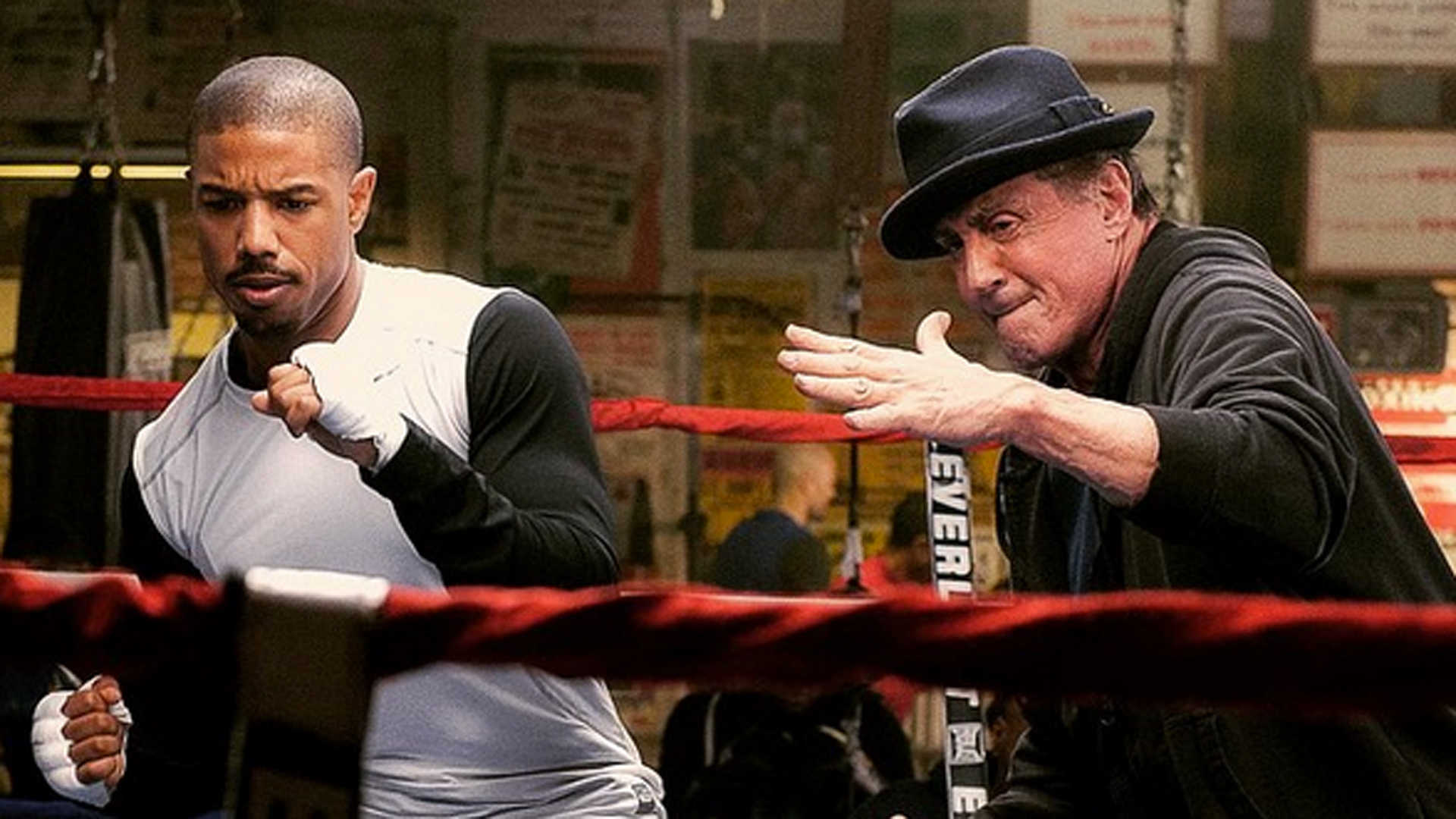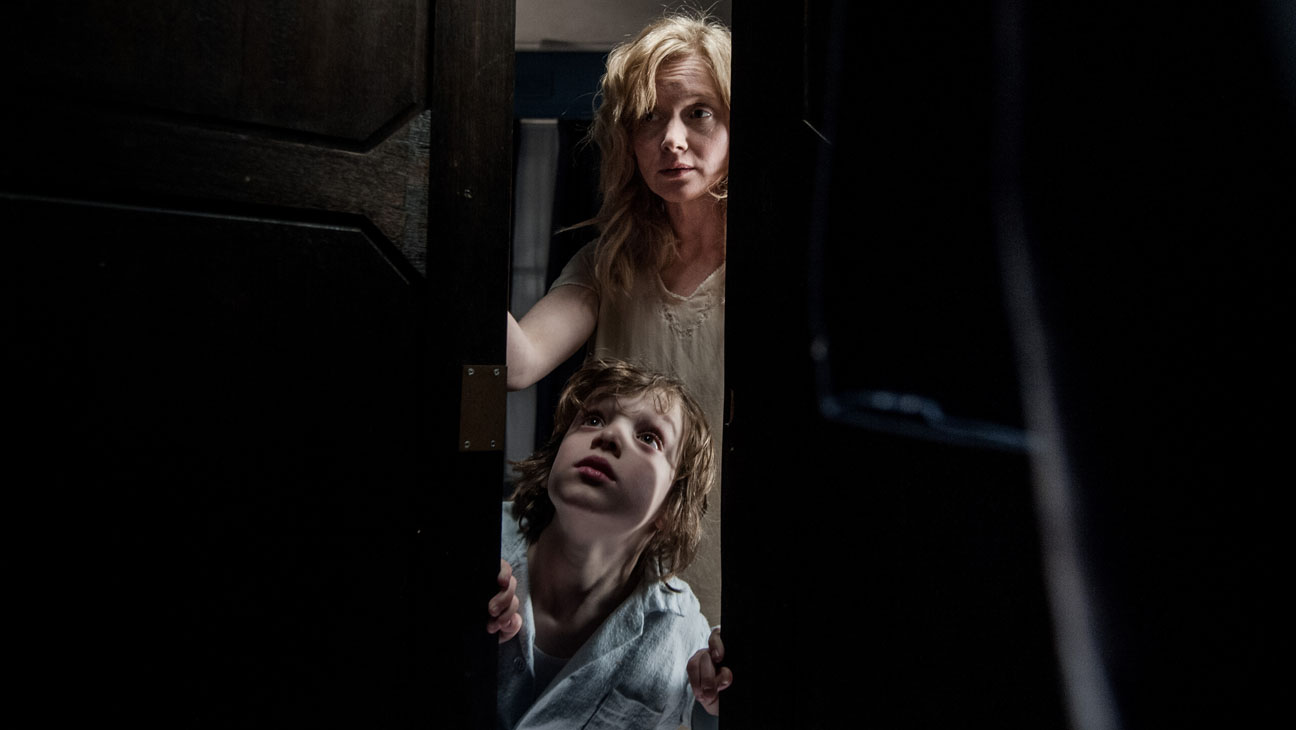Jonas Carpignano
Before he made his feature debut in 2015, Jonas Carpignano had already amassed a diverse résumé. With his short film A Chjàna in 2012, about a young migrant worker trying to reunite with his best friend in the wake of the most significant race riot in Italian history, he gained wide acclaim, winning the top prize in the short film competition at Venice. The project brought him to the Sundance screenwriter’s lab, where he worked to adapt A Chjàna into the feature film that would eventually become Mediterranea. Carpignano’s delicate style transcends preaching, as he seeks to explore political strife with empathy and nuance. His work so far deftly tackles the persisting systematic xenophobia in European culture, which is especially pertinent due to the current migration of refugees from war-torn Syria. New York-born but with strong emotional ties to Italy, where he would spend holidays with his grandparents, Carpignano became acutely aware of the racial divide that existed in the country. As Mediterranea continues to circulate on the festival circuit, amassing nominations and awards, Carpignano’s future look bright.

Ryan Coogler
Already in his first feature, Fruitvale Station—a dramatization of the last hours in the life of Oscar Grant III (Michael B. Jordan) before he was fatally shot by a police officer in San Francisco in the early hours of New Year’s Day 2009—Ryan Coogler was displaying a perceptive and compassionate treatment of race in America. With his follow-up, Creed, however, Coogler built on these techniques and, in the context of reviving the popular Rocky franchise, created a personal story about race in America, wrought with insecurities about masculinity, social status and familial legacy. His two films have achieved an unexpected level of success, filling the void of mid-prestige adult drama that used to thrive before the blockbuster age ushered in by Titanic. As it turns out, however, Coogler’s next step after this formidable one-two punch is…a Marvel project, Black Panther. While it’s easy to bemoan his involvement in Marvel—which tends to strip directors over their individualized voices rather than supporting them—seeing how Coogler, with Creed, fought the Hollywood machine to make one of the best films of 2015, we can only hope he does the same with Black Panther.
Josephine Decker
With Thou Wast Mild and Lovely, Decker forged a name for herself as a must-watch independent American filmmaker. Working in collaboration with some of the most notable voices in the American independent scene, her cinematic career began as an actor and writer, working with Joe Swanberg on projects like Uncle Kent and Art History. Building on that experience, she started making her own shorts, and eventually segued into feature filmmaking in 2013 with Butter on the Latch, a genre-bending horror fantasy about the growing romance and nightmare world of Sarah (Sarah Small) and Isolde (Isolde Chae-Lawrence), two young women on a Balkan music retreat in the California wilderness. Decker’s distinguishing feature in her two features is her wavering tone, which channels the surreal tendencies of David Lynch but with less formal rigor. Her work is funny yet unmistakably horrific, as she never allows the audience to settle comfortably, twisting and turning emotionally and psychologically. As for Thou Wast Mild and Lovely, Richard Brody—a passionate advocate of her work—wrote in the New Yorker: “[…]the simplicity and spontaneity of [the film] offers the primal renewal of the image, an image that emerges in the immediate form of the filmmaker’s emotional impulses. The viewer’s sense of discovery seems to converge with Decker’s own. Her movie feels like a wildly urgent direct address in real time.” While she has no feature projects announced as a director, she is currently attached to a number of projects as an actor.
Deniz Gamze Ergüven
Working alongside fellow director Alice Winocour, Deniz Gamze Ergüven last year brought us Mustang, a personal story about five orphaned sisters growing up in a conservative rural village in Turkey. A harmless game involving contact with boys sends their family in a fury and they are kept from leaving their house—even to go to school. A story contextualized within an increasingly conservative Turkey, Ergüven casts an eye on the forgotten voices of young, marginalized girls. The film has the slow-boil of a prison drama tied to a more chilling portrait of sexual puritanism and the unravelling of state control. In their unjust confinement, the sisters find refuge in each other and initiate personal rebellions against the powers that be. Though tackling the very real problem of marginalized women, part of the magic of Mustang is how the story is framed as a fairy tale, its dreamy fantasy vibe a radical expression of the girls’ freedom of imagination and thought. While Ergüven doesn’t currently have another project slated, she is a unique and compelling voice well worth keeping an eye on.

Jennifer Kent
While the lack of representation of women in horror is overstated, with a thriving community of female genre fanatics, women have long been relegated to the basement of the horror genre, many of them struggling to have their films seen thanks in part to a still-persistent “boy’s club” vibe . Jennifer Kent, though, bridges into the arthouse to hopefully change the visibility of women within the genre. The Babadook, inspired by a short film Kent had previously made, is a psychological horror film about a single mother, Amelia (Essie Davis), at the end of her rope. As her young son struggles with socializing and is isolated from other adults, Amelia turns increasingly inward and starts to believe her home and son are haunted by the Babadook, a creature out of a mysterious children’s pop-up book. Working with a low budget, she unleashes a slew of tricks and illusions that would make Val Lewton step back in admiration. In June 2015, Kent was announced to be the writer and director of an adaptation of the popular non-fiction book Alexis + Freda by Alexis Coe, which depicts an 1892 romance between two young teens which incited a murder that shocked America.
Kimberly Levin
Formerly a biochemist, Kimberly Levin developed an idea for a film about rural farming communities in Kentucky while doing research on peptide chains. Abandoning her scientific career, Levin started work as a production manager and in stage productions before making Runoff, her feature film debut. It is the story of Betty (Joanne Kelly), a homemaker struggling to hold onto her family farm in the face of factory farming. Working on a budget of less than $1 million, Levin shot the film on working farms near her hometown of Louisville, Kentucky. Levin conveys powerfully the brutality of the natural world and the interconnectedness of the scientific order with the human condition. Her scientific background informs the film, lending it an added layer of realism. For Movie Mezzanine back in 2014, Kristen Sales wrote: “the political is deeply personal; the specter of big business looms large in nearly every scene, the omnipresent crop-duster a menacing reminder that their family—and community—profits from the poison that’s slowly killing them.” Forgoing sweeping statements that diminish the real-world consequences of factory farming, Levin offers a uniquely informed perspective on rural farming communities heightened by her strong cinematic voice, one that emphasizes the experiential as characterization and intimacy take center stage.
Haifaa al-Mansour
It has been nearly four years since Haifaa al-Mansour made waves with Wadjda. An unexpected hit, the film depicted the undertaking of an enterprising Saudi preteen who signs on for a Koran recitation competition in order to raise funds to buy a coveted green bicycle. Notable as much for its sensitive portrayal of a young woman’s ambition, it is also the first film shot entirely in Saudi Arabia—a remarkable fact considering there currently exists just one movie theater in the country, one that plays only scientific documentaries. Filming most of the film covertly, as Saudi Arabian law prevented her from driving or even interacting with non-male relatives, al-Mansour’s film would have been an incredible political statement whether or not the film was any good—but Wadjda is also an engaging portrait told with sensitivity and ease. Al-Mansour has cited Italian neorealism as an inspiration, and the roots are clear: Working with non-actors and guerrilla techniques, she paints a moral story with simple conviction. In development for a little over a year, her next film will be A Storm in the Stars, approved for funding from the Irish Film Board in early January 2016. It depicts the love affair between poet Percy Shelley and 18-year-old Mary Wollstonecraft, which resulted in Mary Shelley writing Frankenstein. Elle Fanning is attached to play Mary Shelley.
Charlie McDowell
Like a Twilight Zone episode revisited, Charlie McDowell’s funny and fresh The One I Love is beguiling in its simplicity. With just three actors, minimal special effects, and few locations, McDowell creates a bizarre science-fiction universe that revolves around a mysterious break in the space-time continuum. Within the confines of a carefully plotted story, McDowell relied on the talents of his actors, Mark Duplass and Elisabeth Moss, to improvise most of their dialogue, lending a unique feel of intimacy and realness. The film has found a dedicated following since its 2014 limited release and continues to find new audiences through VOD and Netflix. McDowell’s upcoming project, revisiting science fiction and romance, is The Discovery, whose current logline is “A love story set one year after the existence of the afterlife is scientifically verified.” Rooney Mara and Nicholas Hoult are attached. McDowell is also directing a Sarah Silverman TV movie that is slated for 2016 release.

Gillian Robespierre
Making waves with Obvious Child in 2014, Gillian Robespierre rooted her “abortion rom-com” firmly in a real-world economy. Rather than feature a cast of airbrush-perfect, designer-clad characters suffering from the affluent malaise, Obvious Child puts into the spotlight an underemployed comedienne, brought to spontaneous life by Jenny Slate. Blending abrasive gross-out humor with an almost cinema-vérité realism, Robespierre demonstrates a keen sense of atmosphere and character as she navigates the trials and tribulations of an unwanted pregnancy and the ensuing abortion. Robespierre is among the greatest discoveries to emerge from the Sundance indie slate in the past few years and offers continued relevance to the festival, which seems increasingly distanced from its original mandate to support not only independent film but movies that take risks. Obvious Child felt like a revelation in the wake of a festival that had distressingly begun to favor glamorously stripped-down Hollywood stars posturing in films that reveled in cheap nostalgia and grating quirkiness. In light of the continued debate over Planned Parenthood, hinged heavily on the “abortion issue,” the normalization and realistic treatment of abortion in Obvious Child offers an important perspective for women all over America.
Terence Nance
There’s no predicting what Terence Nance will birth into existence next. With Oversimplification of Her Beauty, his quasi-autobiographical film about falling madly in (and invariably out of) love with someone, the New York auteur is capable of propelling in any direction he desires. Just over thirty, Nance’s work — both in feature length and short film format — seductively undulates to the sounds of Neo-jazz virtuoso Flying Lotus. For most, it takes several missteps (and years) to unearth inspiration, a muse — and yet the creative partnership forged between Nance and Steven Ellison (Lotus) has arrived early in both of their careers. It’s this match-made in heaven, I believe, that has instilled Nance with the confidence to both make “Oversimplifcation” and continue onward in his burgeoning career, wherever that may take him.
Justine Triet
French filmmaker Justine Triet’s debut feature Age of Panic hardly made any waves west of the Atlantic, in spite of its bold structure and rapid-fire pacing. Using a handheld aesthetic and the illusion of real-time, the film takes place on the day of the 2012 French election, which serves as the backdrop for the more intimate and comedic mishaps of a journalist balancing her day job, caring for her two young children without a proper babysitter, and dealing with her new boyfriend and ex-husband. The formal complexity and sheer kinetic energy of the film, which blends fictional elements and on-the-street documentary footage from the elections, creates a dynamic backdrop for her script, which evokes strong notes from Molière’s comedies of manners, which poked fun at the affectations and manners of different classes within French society. Serving as the film’s screenwriter as well, her dynamic style, no doubt aided by her experience in documentary work, brings to life a number of threads for great emotional and thematic resonance. Her currently-in-post-production follow-up, Victoria, is about a lawyer whose life is turned upside down as she attends a wedding attended by her ex, the father of her children and an old client. It was selected by Cahiérs du Cinema as one of their most anticipated films of 2016.
Ramon Zürcher
Remarkable for its restraint, the majority of Zürcher’s bizarre and entrancing debut film, The Strange Little Cat, takes place in a claustrophobic Berlin apartment as a “typical” family gathering gradually unravels into something strange, beguiling and hypnotic. The film originated in a seminar offered by the great Béla Tarr, and as it grew into a feature-length project that eventually premiered at Berlinale in 2013, the film continued to steadily garner more and more attention. One could best describe Zürcher’s sensibility as part Chantal Akerman, part Jacques Tati—but as with most iconoclastic artists, comparisons become a too-easy fall-back to describe the indescribable. It will be exciting to see where his unique and ambitious voice will carry him in the future. While in a few interviews from 2014 Zürcher alluded to a new film in the works, there have yet to be any official announcements.
—
Original illustration by Krishna Shenoi.


















2 thoughts on “The New Vanguard of Directors”
Pingback: January and February in Review – Beyond the Red Room
Pingback: The 2016 Oscars